Rhinosinusitis
An Introduction to Rhinosinusitis
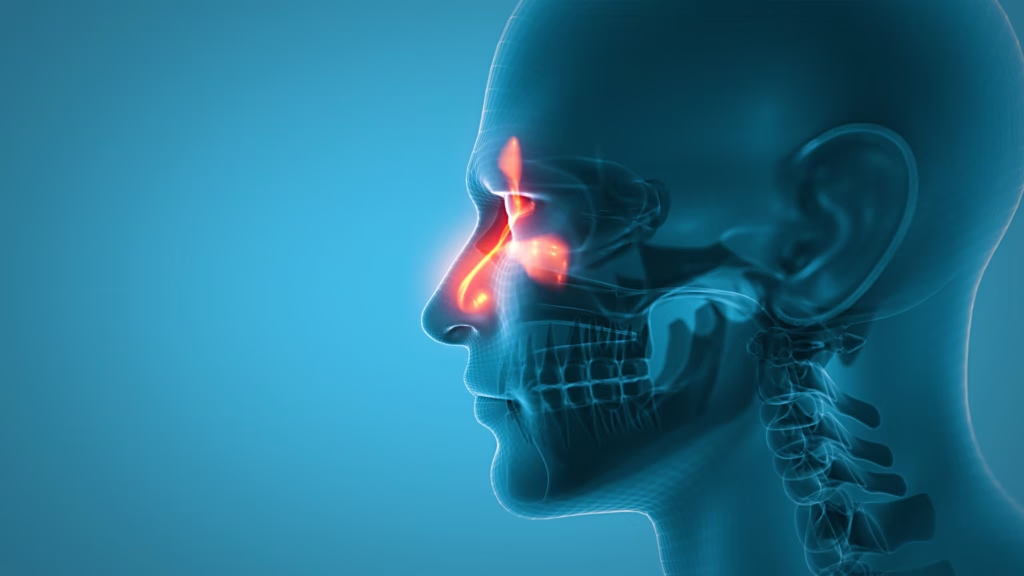
As part of our EAACI 2025 coverage, we spoke with Dr Eugenio De Corso (Catholic University of the Sacred Heart, Milan) around the EVEREST trial, a phase 4 head-to-head study comparing dupilumab and omalizumab in patients with severe CRSwNP and coexisting asthma. Dr De Corso explores the study’s methodology, key findings, and implications for clinical practice in managing this challenging patient population.

Physician burnout is at a critical point. In this episode, Nicky speaks with Dr Alfred Atanda about why so many physicians are burning out and what can be done to change the trend. From personal experience to system-wide solutions, Dr Atanda shares valuable insights on improving physician well-being and building a more effective healthcare culture.

In this episode, we explore the future of continuing medical education (CME) with the team behind touchIME. Hannah Fisher and Matthew Goodwin share insights into global and US trends, the importance of patient inclusivity and how educational outcomes are evolving to better measure the direct impact of learning on clinical practice and patient care.
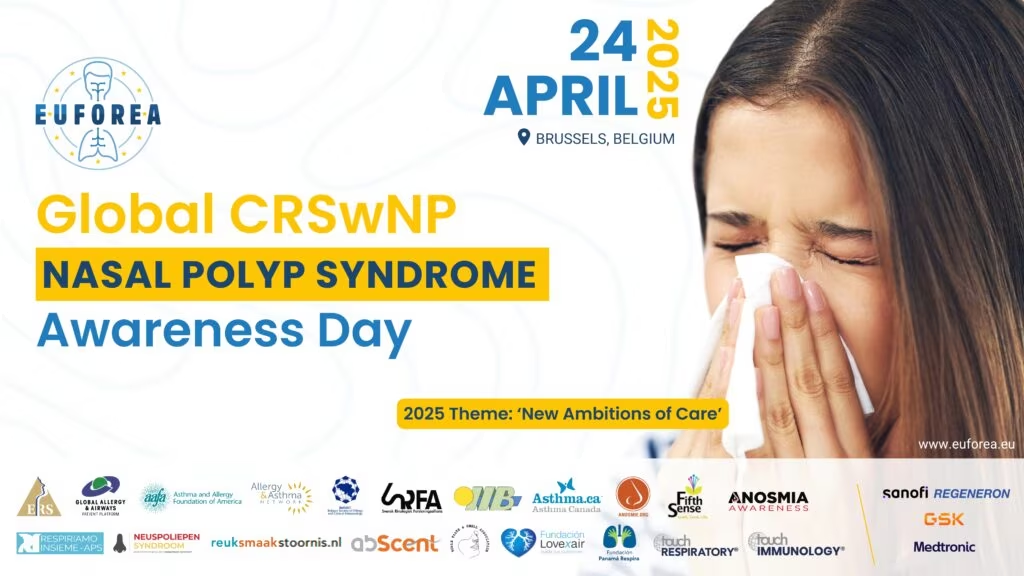
On April 24, 2025, Brussels will host the 4th annual Global Chronic Rhinosinusitis with Nasal Polyps (CRSwNP) Awareness Day, organized by EUFOREA. This year’s theme, "New Ambitions of Care," focuses on enhancing understanding of CRSwNP, improving early diagnosis, and promoting better treatment strategies for those affected by this debilitating condition.
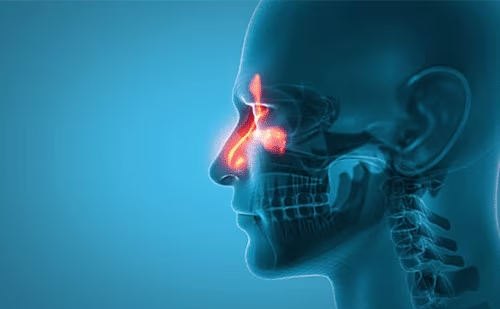
#AAAAI2025: Must-know Updates in Chronic Rhinosinusitis - Key Data from the AAAAI/WAO Joint Congress
The 2025 AAAAI and WAO joint congress highlighted advances in chronic rhinosinusitis (CRS) treatment. Notable studies presented positive results for novel biologic therapies, including tezepelumab, depemokimab and mepolizumab for chronic rhinosinusitis with nasal polyps (CRSwNP), and dupilumab for chronic rhinosinusitis without nasal polyps (CRSsNP). These findings highlight significant advancements in symptom management, offering hope for improved patient outcomes and reduced treatment burdens.

Chronic rhinosinusitis (CRS) is a chronic sinus disease that affects between 5% and 12% of the general population.1–3 Despite substantially impacting the patient's quality of life, it often remains underdiagnosed and undertreated.1 The European Forum for Research and Education in Allergy and ...
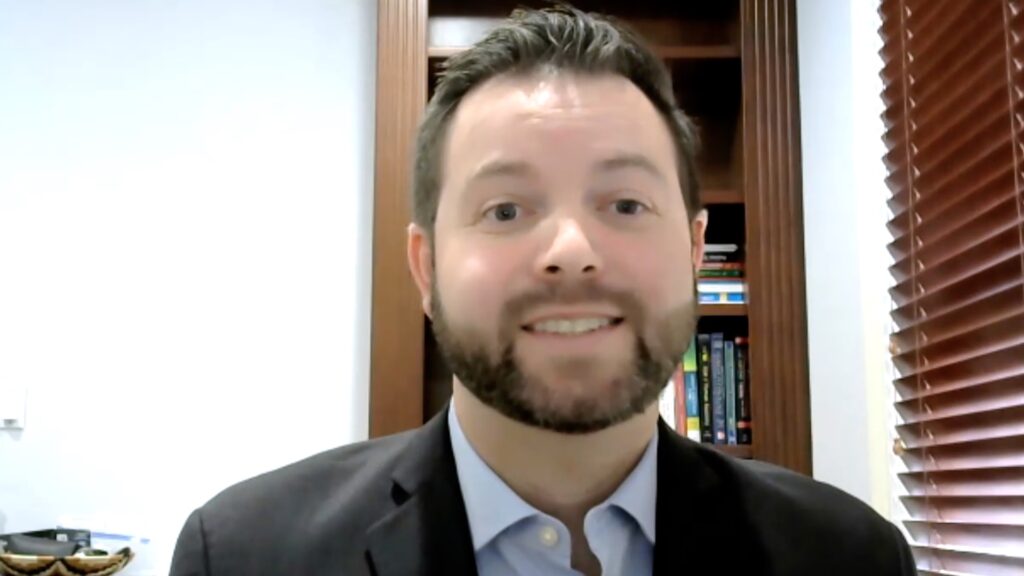
Dupilumab is used to manage chronic rhinosinusitis with nasal polyposis, however there is limited data regarding its use in patients with aspirin-exacerbated respiratory disease (AERD). touchRESPIRATORY caught up with Dr Isaac Schmale (University of Rochester Medical Center, Rochester, NY, USA) ...

touchRESPIRATORY were delighted to speak with Dr Isaac Schmale (University of Rochester Medical Center, Rochester, NY, USA) around the signs and symptoms of aspirin-exacerbated respiratory disease (AERD), the incidence of AERD in people with asthma, the current treatment paradigm for ...
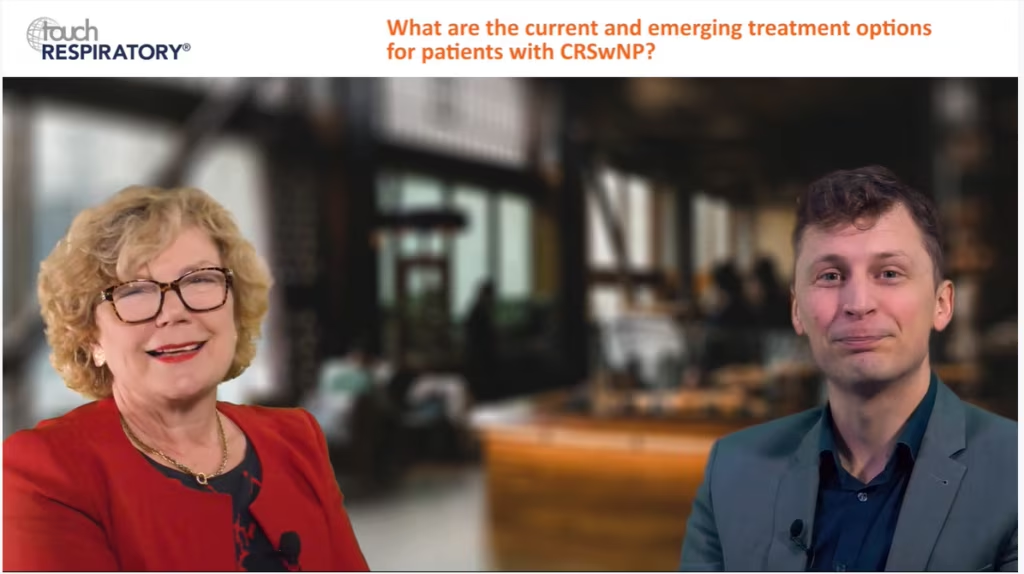
Watch ENT specialists discuss key considerations in optimizing the management of patients with CRSwNP.







Aspirin-exacerbated respiratory disease (AERD) is a clinical triad of asthma, nasal polyposis and sensitivity to aspirin and other non-steroidal anti-inflammatory drugs (NSAIDs). These patients have severe sinopulmonary inflammation, often refractory to standard treatments.1 However, significant advances in the management of ...

Chronic rhinosinusitis (CRS) is a heterogeneous inflammatory disease of the nose and paranasal sinuses that is prevalent worldwide, affecting 10–12% of adults.1,2 It is phenotypically classified by the presence or absence of nasal polyps. Chronic rhinosinusitis with nasal polyposis (CRSwNP) is ...
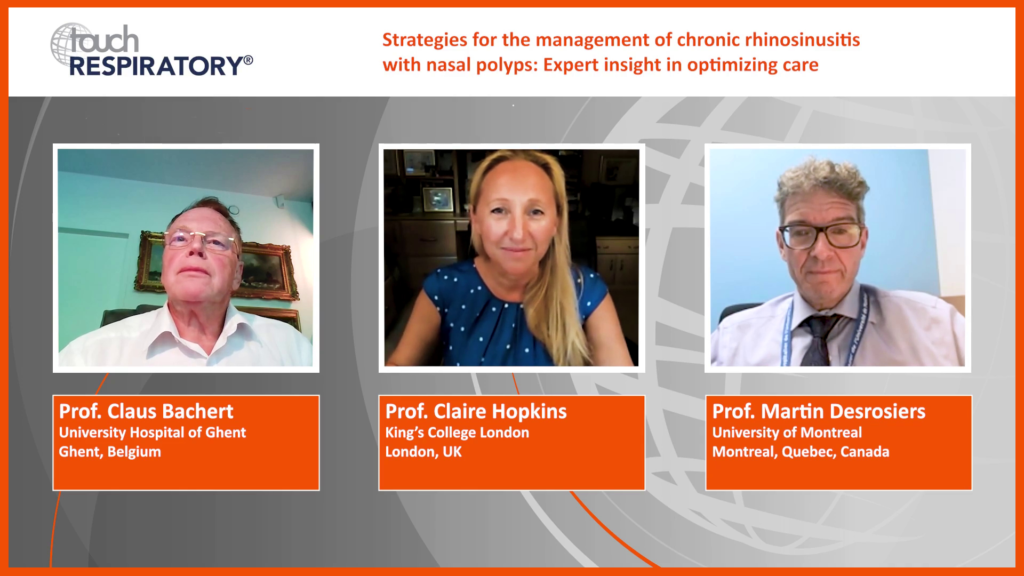
Watch a panel of experts discuss challenges in the diagnosis of CRSwNP and considerations for optimal management of the disease.







Dr Stella Lee (University of Pittsburgh, Pittsburgh, PA, US) spoke with touchRESPIRATORY around the SYNAPSE study, which investigated the efficacy and safety of mepolizumab in patients with chronic rhinosinusitis with nasal polyps (Clinical Trial Identifier: NCT03085797). The abstract ‘Mepolizumab Improves ...
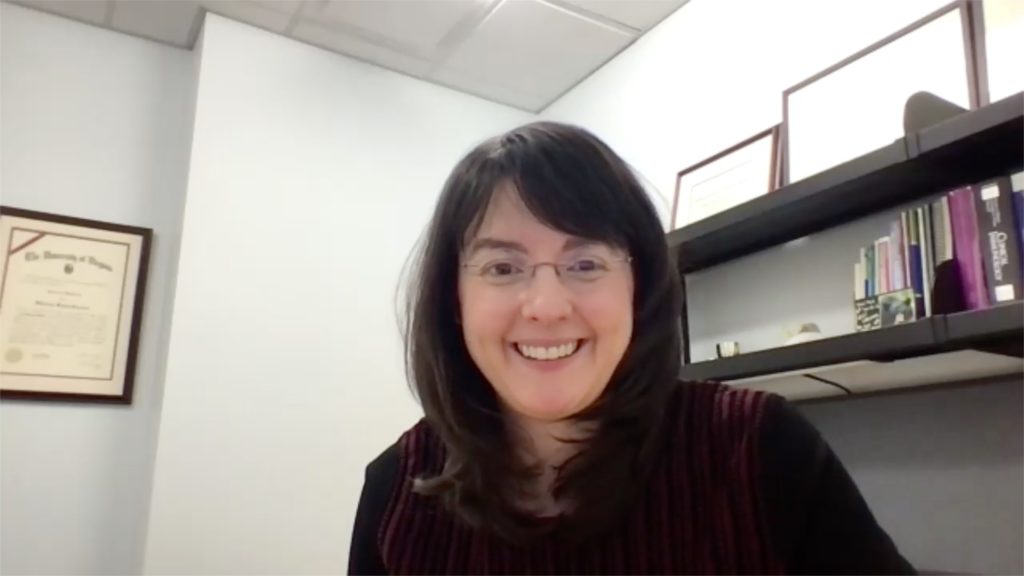
It was a pleasure to speak with Professor Whitney Stevens (Northwestern University Feinberg School of Medicine, Chicago, IL, US) around aspirin desensitisation in aspirin-exacerbated respiratory disease. ‘Aspirin desensitization for AERD in 2020: An update from the AERD work group.’ was presented ...
Latest articles videos and clinical updates - straight to your inbox
Log into your Touch Account
Earn and track your CME credits on the go, save articles for later, and follow the latest congress coverage.
Register now for FREE Access
Register for free to hear about the latest expert-led education, peer-reviewed articles, conference highlights, and innovative CME activities.
Sign up with an Email
Or use a Social Account.
This Functionality is for
Members Only
Explore the latest in medical education and stay current in your field. Create a free account to track your learning.




